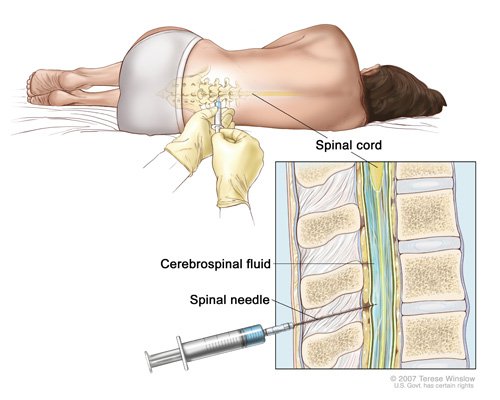Meningococcal infections are caused by the bacterium Neisseria meningitidis and can result in serious illnesses such as meningitis and sepsis. In this article, we will discuss the symptoms, treatment, and prevention strategies for meningococcal infections.
Symptoms of Meningococcal Infections
The symptoms of meningococcal infections can vary depending on the type of infection and the individual affected. The symptoms may develop rapidly and can include:
- Meningitis Symptoms Meningitis is an infection of the lining of the brain and spinal cord. Symptoms can include:
- Severe headache
- Stiff neck
- High fever
- Nausea and vomiting
- Sensitivity to light
- Confusion or disorientation
- Seizures
- Sepsis Symptoms Sepsis is a serious infection that can affect multiple organs in the body. Symptoms can include:
- High fever
- Rapid heartbeat
- Low blood pressure
- Rapid breathing
- Chills
- Fatigue
- Confusion or disorientation
Treatment for Meningococcal Infections
Meningococcal infections are treated with antibiotics. The type of antibiotic used will depend on the type of meningococcal infection and the individual affected. Treatment is usually given in a hospital setting, and individuals with meningococcal infections may require supportive care such as fluids and oxygen.
Prevention Strategies for Meningococcal Infections
Prevention strategies for meningococcal infections include:
- Vaccination Vaccination is the most effective way to prevent meningococcal infections. The meningococcal vaccine is recommended for infants, children, adolescents, and adults who are at increased risk of infection, such as those with certain medical conditions and those who travel to areas where meningococcal disease is more common.
- Good Hygiene Good hygiene practices can help reduce the risk of meningococcal infections. These include:
- Washing hands frequently with soap and water
- Covering your mouth and nose when coughing or sneezing
- Avoiding sharing drinks or eating utensils with others
- Avoiding close contact with individuals who are sick
- Travel Precautions If you are traveling to areas where meningococcal disease is more common, take extra precautions to protect yourself. This includes getting vaccinated, practicing good hygiene, avoiding crowded settings, and seeking medical attention if you experience any symptoms of the disease.
- Early Diagnosis and Treatment It is important to seek medical attention immediately if you or someone you know experiences symptoms of meningococcal infections. Early diagnosis and treatment are essential for a good outcome.
Conclusion
Meningococcal infections are serious bacterial infections that can result in meningitis and sepsis. The symptoms can develop rapidly, and early diagnosis and treatment are essential for a good outcome. Prevention strategies for meningococcal infections include vaccination, good hygiene practices, travel precautions, and early diagnosis and treatment. It is important to seek medical attention immediately if you or someone you know experiences symptoms of meningococcal infections.


